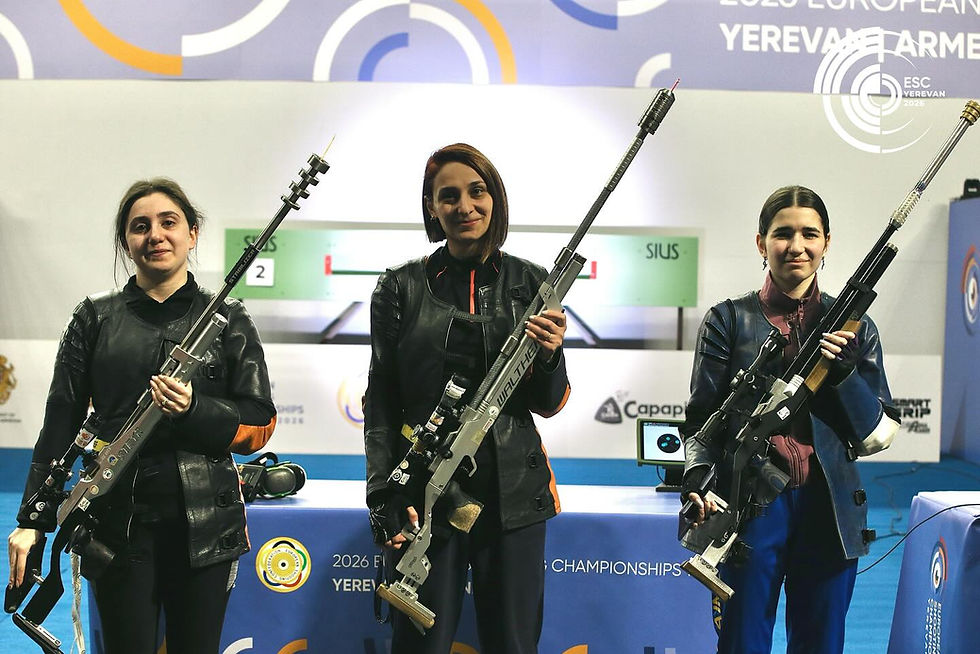Pashinyan Threatens Artsakh Leaders: 'Government Won't Let Nagorno-Karabakh Elite Exploit People'
- Jun 14, 2024
- 2 min read

Armenian Prime Minister Nikol Pashinyan firmly declared that the government will not permit the clerical-feudal elite of Nagorno-Karabakh to exploit the people for their own clan purposes. This statement was made during a Cabinet meeting on Friday, where the housing provision program for forcibly displaced Armenians from Nagorno-Karabakh was discussed.
Pashinyan emphasized, "We are very patient, we are very tolerant, we do not hide our love, but no one should confuse this and should not perceive it as a weakness of the Armenian authorities." He warned that if the clerical-feudal elite did not heed these messages, the government would have to address them directly.
The Prime Minister reiterated the government's commitment to supporting those displaced from Nagorno-Karabakh, ensuring that their social issues are addressed. He stressed that the Armenian government's patience and tolerance should not be mistaken for weakness.
The context of Pashinyan's remarks can be traced back to his statements during the discussion of the 2023 state budget performance in the National Assembly. He accused the "clerical-feudal elite" of attempting to change the power structure in Armenia, similar to how they allegedly handed over Karabakh. Pashinyan implicated the Catholicos of All Armenians, Garegin II, and former Armenian President Robert Kocharyan, as leaders of the opposition movement.
The Mother See, the governing body of the Armenian Apostolic Church, condemned Pashinyan's claims, labeling them as false. They rejected the notion that the Church was responsible for organizing demonstrations.
Additionally, the Armenian National Congress (ANC), led by Armenia's first president, Levon Ter-Petrosyan, responded to Pashinyan's accusations. The ANC suggested that Pashinyan had included Ter-Petrosyan among the "clerical-feudal elite." They recalled Pashinyan's statements in the National Assembly, where he accused the elite of deceiving the Armenian public since 1996 by misrepresenting the Lisbon document from the OSCE summit. Pashinyan claimed that this document implied that Nagorno-Karabakh should remain part of Azerbaijan, a point the ANC strongly disputed.
The ANC emphasized that neither the UN Security Council nor the OSCE, which received a mandate from the UN Security Council on the issue of Nagorno-Karabakh, had ever decided that the conflict should be resolved within Azerbaijan's territorial integrity. They accused Pashinyan of distorting the truth about Armenia's history and international negotiations.
As tensions remain high, Pashinyan's government continues to navigate the complex political landscape, striving to uphold the country's sovereignty and address the needs of its displaced citizens.






Comments